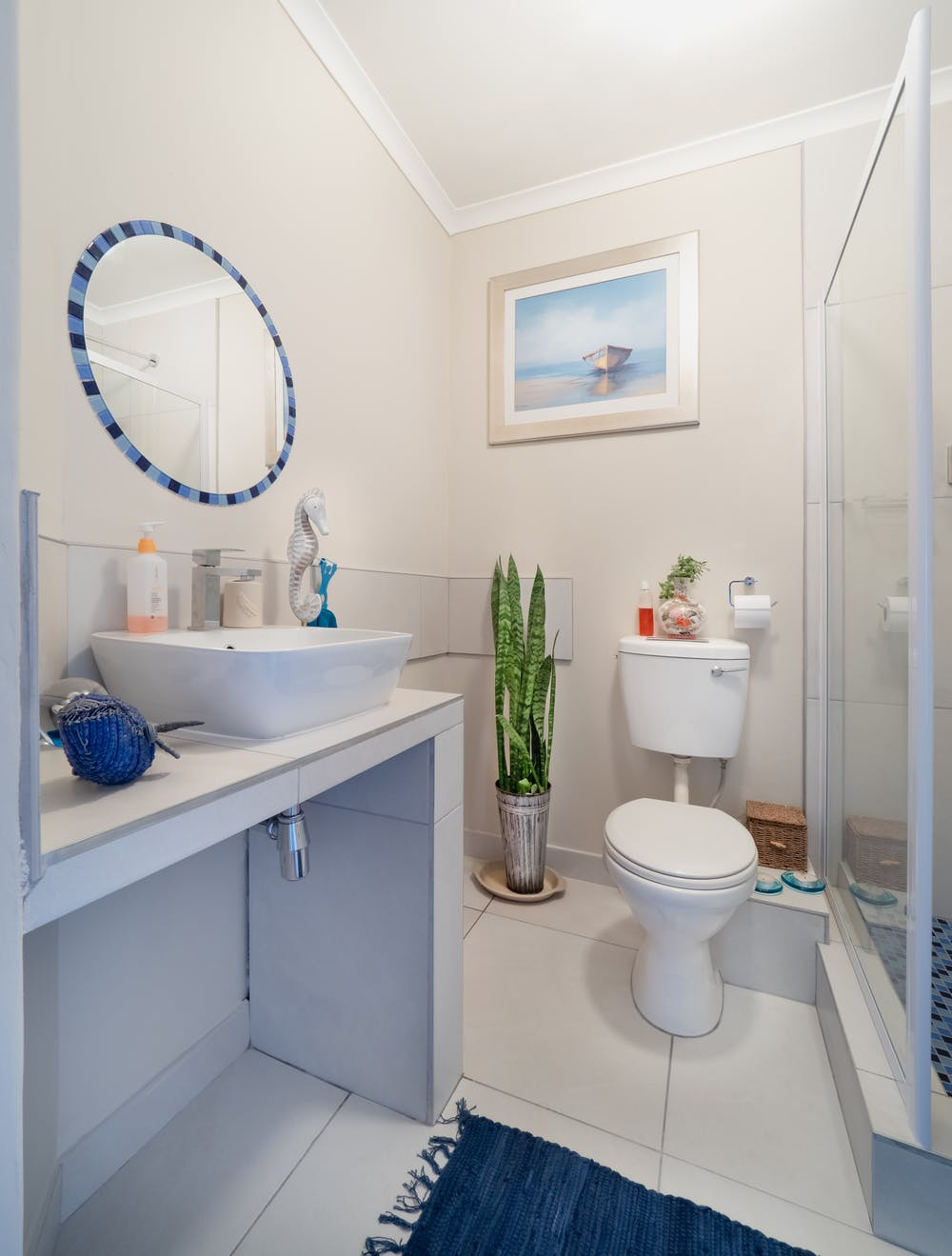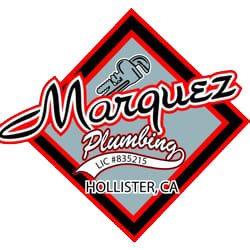How to Prepare for Summer Plumbing Needs
As the kids break from school and family vacations are in full swing, it’s easy to get caught up in the fun of the summer season and let some of your regular home maintenance tasks slide.
But summer activities can weigh heavily on your plumbing system. All of the extra showers, laundry, and toilet flushing mean that your plumbing is working extra hard and there’s more potential for problems to arise.
The good news is that the great weather and longer daylight hours make summer an ideal time to check, fix, and even upgrade any plumbing problem areas before they get out of hand.
And if you don’t know where to begin, we’ve got you covered in this guide! Read on to see how you can prepare for any plumbing issues that may arise this summer.
How To Locate Your Main Water Valve And Check your Pressure
If a major problem were to ever arise with your plumbing, you can save yourself from heavy water damage by knowing how to shut your entire system off.
As a homeowner, it’s critical that you know where your main water shut off valve is – and how to use it.
The water shut off valve might be located in your home, in your yard, or even closer to your street. You can start by checking your basement, garage, or utility room. The shut off typically looks like a wheel or a lever.
If you’re having trouble locating your valve, you can consult a plumber to help you find it and show you how to use it in a plumbing emergency.
Plumbing emergencies are often at least partially due to high water pressure.
High water pressure can be just as bad for your home as high blood pressure is for you!
High pressure can affect everything from water heaters and faucets to shut-off valves and toilet parts. The pressure builds up and can cause these appliances and systems to fail prematurely.
Checking your water pressure is an important part of plumbing maintenance. You can either hire a plumber or purchase a pressure gauge and check yourself.
If your pressure reads over 60 PSI, it may be a good idea to purchase a pressure regulator. If the pressure is that high with a regulator, it’s time for a replacement.
Leaving water pressure high for long periods of time means you’re risking a blowout…but even if the worst-case scenario doesn’t occur, the high pressure is still weighing heavily on your fixtures and appliances, and causing you to wastewater.
When a pressure problem occurs, it’s almost always when the system is not in use.
If you’re preparing for a summer vacation, take the time to check your pressure, purchase a regulator if needed, and shut your plumbing system off as an added safety measure. This way you can enjoy your trip away without worrying about leaks or floods.
Inspect And Flush Out Your Water Heater
Water heater maintenance should also be on your plumbing to-do list this summer.
A standard water heater is designed to last for 10-15 years when properly maintained. However, the type of water running through the heater can play a part in its longevity.
To ensure your water heater is running at its best, you’ll need to routinely inspect it.
Check for signs of leakage and rust, and look closely at the hardware on your water heater for signs of corrosion.
Pay extra close attention to the bottom of the heater – if there’s any water at the base, that’s indicative of a problem.
To flush out your water heater, you can follow these simple steps:
- Shut off the gas or electricity, depending on your water heater model.
- Turn off the cold water supply. This should be a valve near the top of your water heater.
- Start running hot water into a sink or tub. You’ll need to keep this water flowing throughout the whole water tank draining process.
- Connect a garden hose to your drainage spigot and make sure it leads outdoors, or to a large bucket.
- Turn on the spigot and drain until the water runs clear.
- Once your water is running clear, or your tank is drained completely, turn your cold water supply back on and let the water run through your hose for a few minutes or until clear. Turn the cold water spigot off and disconnect your hose once the quality of your water is improved.
- Turn off your drainage spigot, turn the cold water spigot back on, and then turn your water heater back on!
Experts recommend that you flush your tank out in this manner every 1-3 years.
Give Your Fixtures And Appliances An Upgrade

If you’re running into issues with your water heater, or you find your fixtures to be corroding, leaking, or just not as efficient as you would like, summer is a great time for an upgrade.
While replacing fixtures and appliances always has an initial cost, it’s possible to choose replacements that will pay for themselves over time with the savings they bring to your utility bills.
As an added bonus, upgrading these fixtures and appliances can also increase your home’s value.
Here are some energy-efficient replacement ideas:
- Tankless water heater
These appliances heat water only as you need it, saving you from warming water that’s not in use. You’ll also never run out of hot water with a tankless water heater.
- High-Efficiency Fixtures
Many new bathroom and kitchen fixtures can help you use less water volume while still maintaining strong water streams. These kinds of faucets and showerheads are more effective for cleaning and they also conserve energy.
- Modern Appliances
Outdated dishwashers and washing machines cycle through a lot of unnecessary water. A good Energy Star certified washing machine can use over 30% less water than its older counterparts, and a water-conserving dishwasher uses about 4 gallons of water compared to the 15+ gallons of dishwashers a decade ago! It’s easy to see why upgrading these appliances can help you conserve water and aid in your utility and plumbing bills.
- High-Efficiency Toilet
Similar to the dishwasher and washing machine, toilets use a lot of water on a daily basis. A new unit that conserves water can save you 30 + gallons of water a year and even requires less maintenance than a standard toilet.
While not as fun as your annual summer camping trip, preparing for summer plumbing needs and maintaining your plumbing system doesn’t have to be hard.
If you remain proactive about your plumbing tasks in these ways, you’ll save yourself significant time and money in the future.
This season, remember:
- Locate your main water valve, and switch it off when you’re away from home overnight.
- Give your water heater a check-up and flush it out routinely.
- Check for leaky fixtures and high water use appliances and consider upgrading them.
And don’t forget to call Marquez Plumbing for a free estimate on any of your plumbing needs.
Free Plumbing Estimate
We provide free estimates for all our customers.
